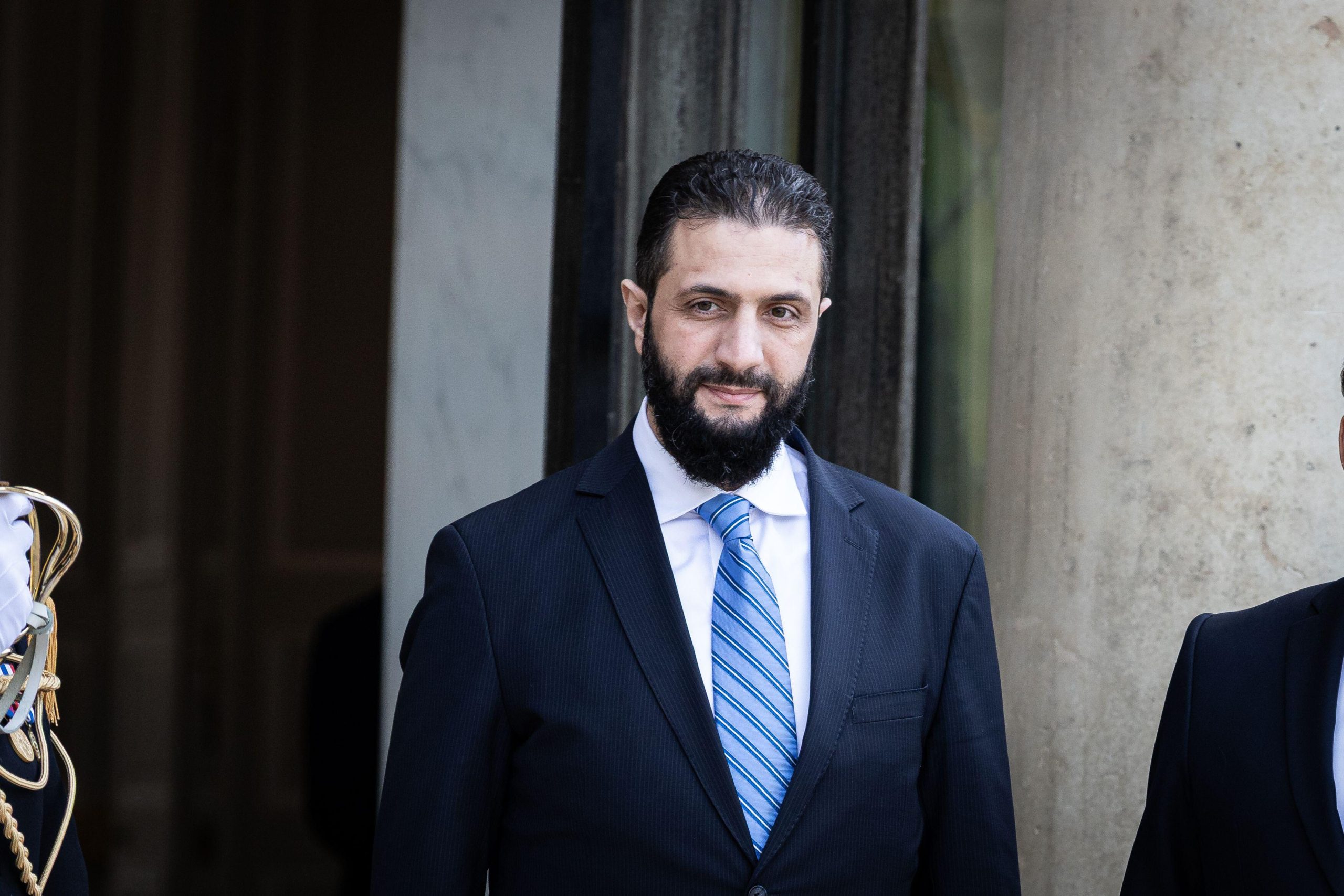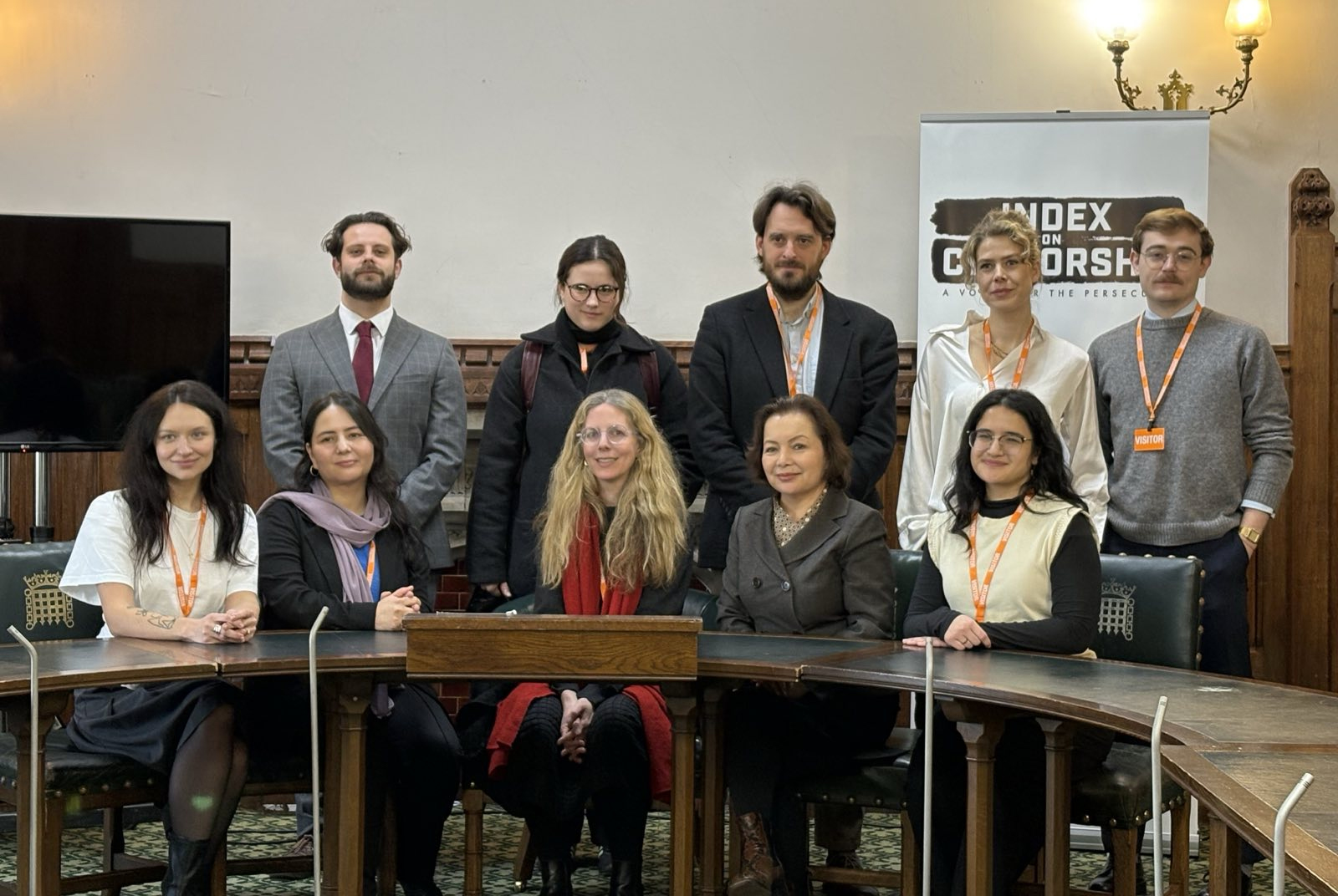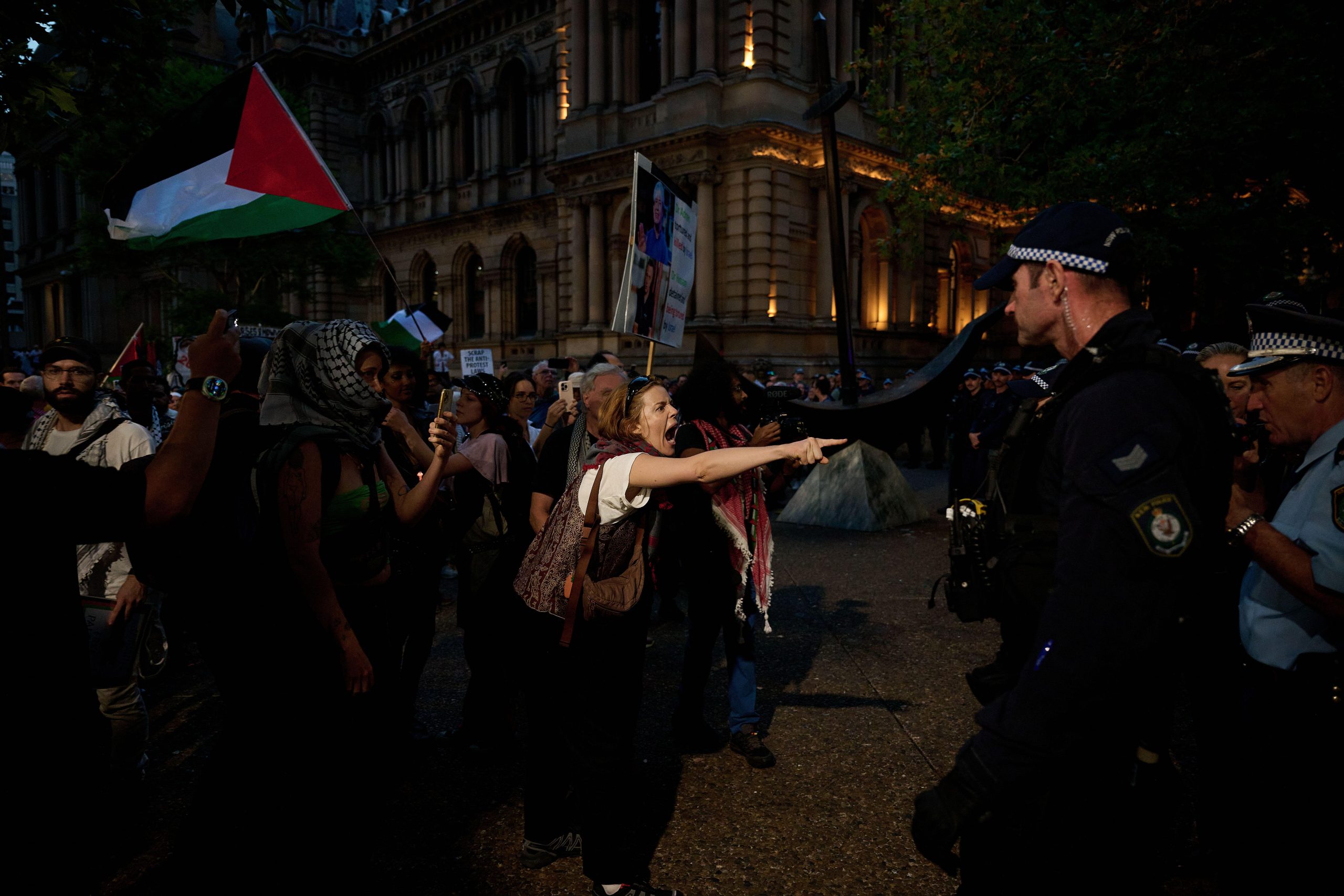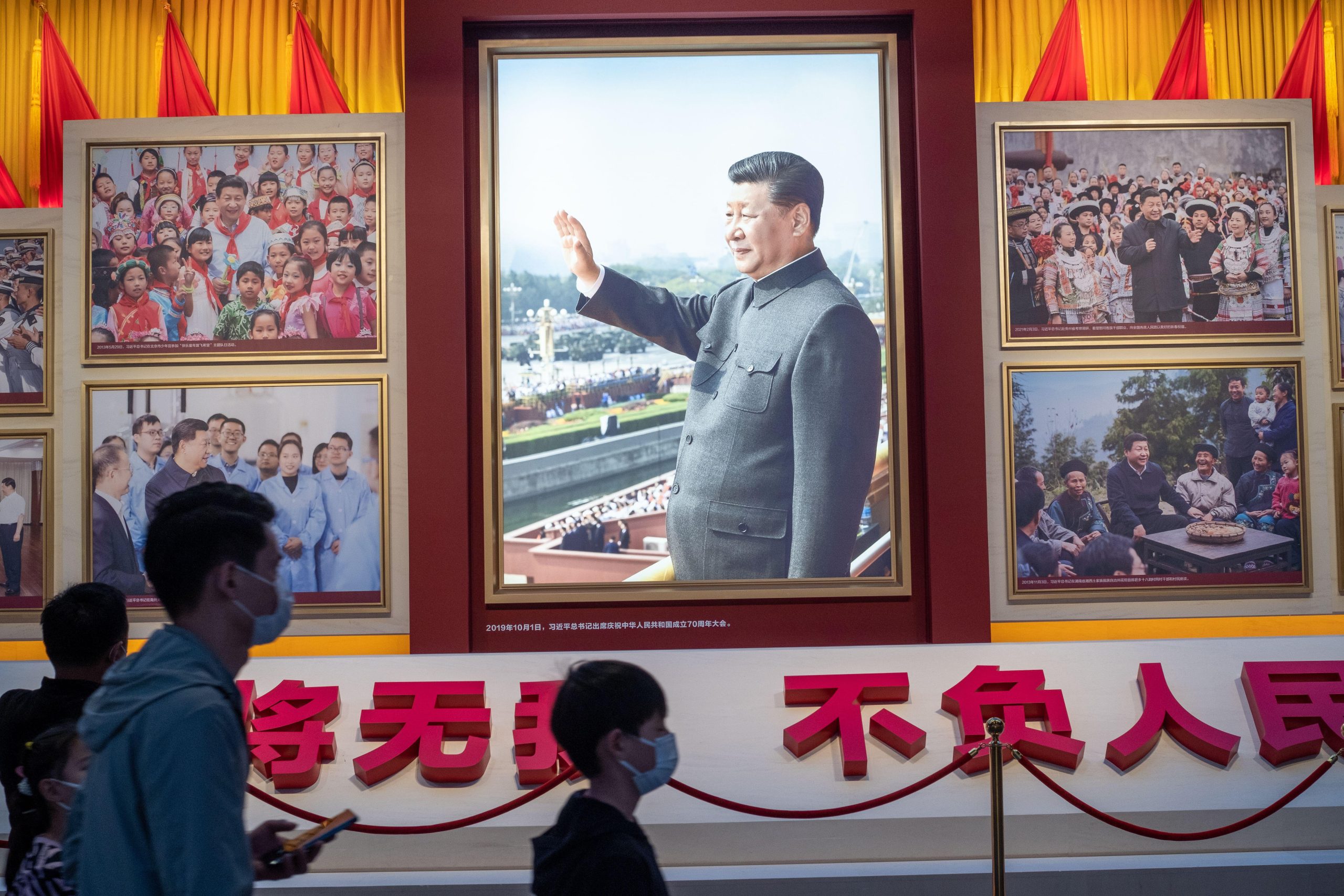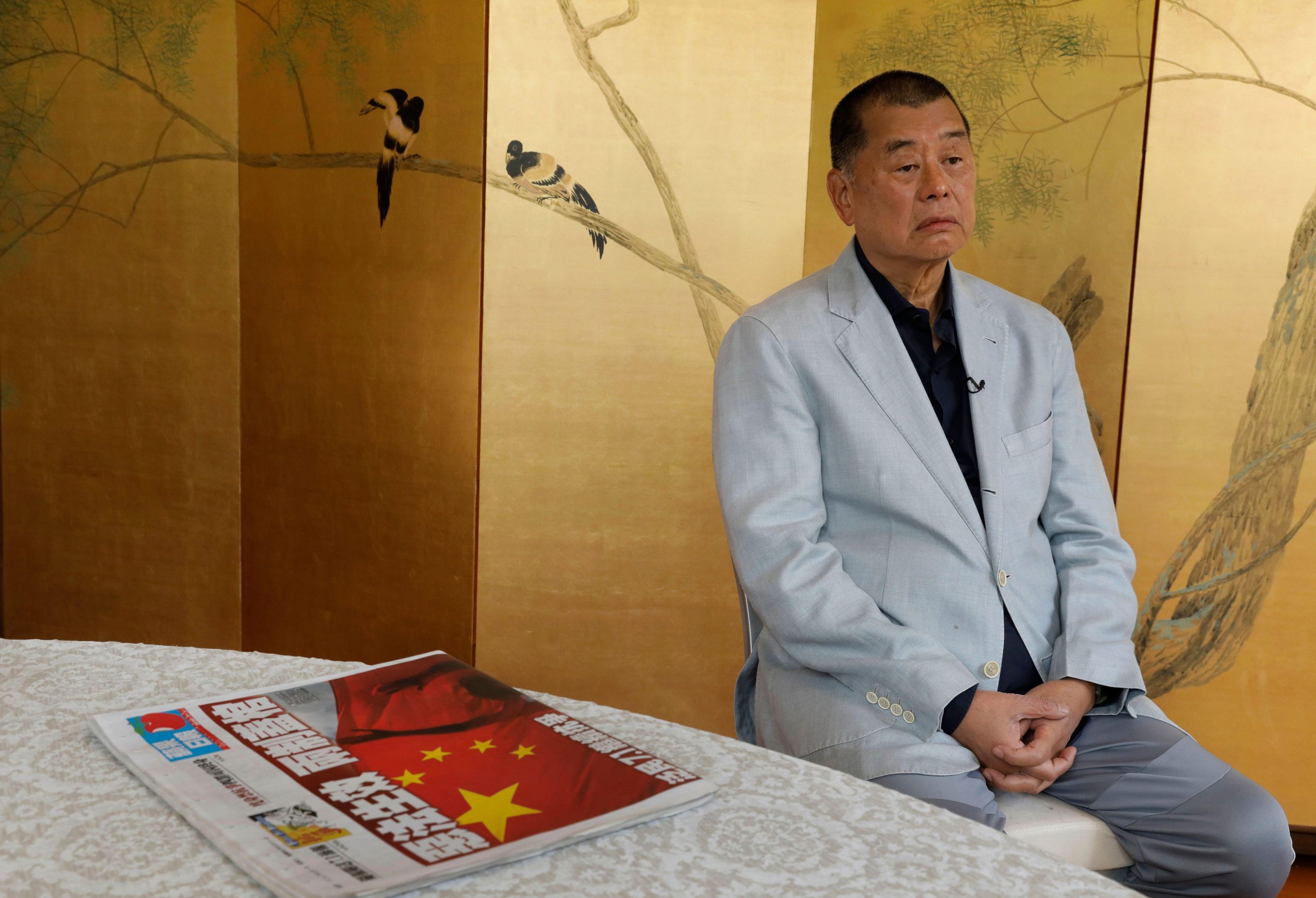“We affirm that we will hold accountable, firmly and without leniency, anyone who is involved in the bloodshed of civilians or harming our people, who overstepped the powers of the state or exploits authority to achieve his own ends,” said Ahmed al-Sharaa in a speech broadcast on national TV and posted online. “No-one will be above the law and anyone whose hands are stained with the blood of Syrians will face justice sooner rather than later.”
With these words, the self-proclaimed new Syrian president wanted to reassure the public about his desire to govern the country as a head of state for all Syrians, not only Sunnis.
Sharaa’s words came on 9 March, following the killing of civilians belonging to the Alawite minority – the branch of Shia Islam which former president Bashar al-Assad belonged to – in Syria’s coastal regions. Thousands of people were killed over days of clashes between security forces and Alawite fighters loyal to the former Assad regime.
In response, the new president announced the creation of a committee to conduct an investigation into the massacre of civilians, including women and children. The committee, which includes several judges, a lawyer and a defected Criminal Security Branch officer, will have to shed light on “violations against civilians” and “bring those responsible to justice”.
Sharaa also announced the creation of a second committee “to preserve civil peace”, which aims to listen to the requests of coastal minority groups and offer them future security and stability.
In another speech, the president addressed the country from a Damascus mosque, with Al-Sharaa reiterating his government’s desire to “preserve national unity and civil peace as much as possible”. “God willing, we will be able to live together in this country,” he said.
The government has not yet provided any official report on the massacre; but as of 17 March, the UK-based organisation Syrian Observatory for Human Rights (SOHR) counted more than 1,500 civilians killed on Syria’s coastline as a result of the sectarian violence. They are mostly Alawites, but also Christians.
The Orthodox Patriarch of Antioch, who is the head of the Greek Orthodox Patriarchate of Antioch and All the East, responded: “The tragic events unfolding in the Syrian coastal region have claimed the lives of many civilians and public security personnel, leaving numerous others wounded. However, the majority of the victims were not affiliated with any militant factions; rather, they were innocent, unarmed civilians, including women and children.”
In addition to civilians, there were more than 500 combatants killed, including 273 members of security forces and the Ministry of Defence, and 259 Alawite gunmen affiliated with the former Assad regime.
A month later, clashes were reported near Damascus, resulting in the death of 13 people of the Druze minority group. Attackers from the town of Maliha and other predominantly Sunni areas reportedly converged on the majority Druze town of Jaramana after an audio clip circulated online attacking the Prophet Mohammad. The clip was attributed to a Druze leader, who denies that the audio was made by him. Authorities have again said there will be an investigation into the incident.
Violence is ongoing, and internal sectarian clashes show the risks to civilians, particularly those of minority groups. Given the historical oppression of Sunnis under the Assad regime, it would not be surprising if Al-Sharaa’s focus becomes transforming Syria into a centre of Sunni power, which could make the situation worse for minority groups.
This idea is not new. Sunnis in Iraq, for example, have long called for such an entity in the form of a federal region that would enable them to avoid the control of the Shia-led government in Baghdad.
But the new Syrian leader faces a fundamental problem: 25% of Syria’s territory is neither Sunni nor Arab, and is made up of minority groups such as Alawites, Kurds, Druze, Christians, Turkmen, Circassians, and Ismailis, who are unlikely to accept marginalisation. In a report for Syria in Transition, Malik al-Abdeh argued that the potential solution proposed by Al-Sharaa could be “a form of soft federalism – a loosely decentralised arrangement that accommodated minority demands while allowing the Sunni core to assert political and ideological dominance”. This could be the best solution, even if some Al-Sharaa supporters are skeptical or are working against such a “federalism” solution.
Despite the recent violence, the Syrian government appears to have made some progressive moves. An agreement has reportedly been signed with the Druze community leaders of the southern province of As Suwayda, which would reintegrate the province back into state institutions. A similar agreement has reportedly been made between the government and Kurdish-led forces in northeast Syria, which states that “the Kurdish community is an authentic community in the Syrian state” – the first time this has been proclaimed in contemporary Syrian history.
However, such agreements have not come without disruption or violations to free expression. According to Reporters Without Borders (RSF), in As Suwayda seven journalists were attacked by local armed factions when covering the signing of the political agreement. Some of these journalists were accused of being affiliated with government forces in Damascus.
This followed at least five journalists being targeted and injured during the violent clashes on Syria’s coastal regions earlier this year. The RSF is calling on Syria’s new government to implement seven priority recommendations to restore press freedom in the wake of Al-Assad’s regime, in which at least 181 journalists were killed since 2011. The new regime has promised to restore a free press, but only the future will tell if this promise will be kept.
Something is certainly moving in Syria: despite the sectarian violence and ongoing troubles, hopes for coexistence between religious and ethnic groups could be higher than expected.
It’s too soon to say whether it will become a country with a centralised system of equal rights for all Syrians. But now that the US administration has announced the end of sanctions on Syria and President Donald Trump has shaken hands with Al-Sharaa, the impossible has become possible. If Syria wants to return to the world order, it will need appropriate actions and reforms, and the leadership will need to do everything possible to reduce sectarian violence and societal instability.

